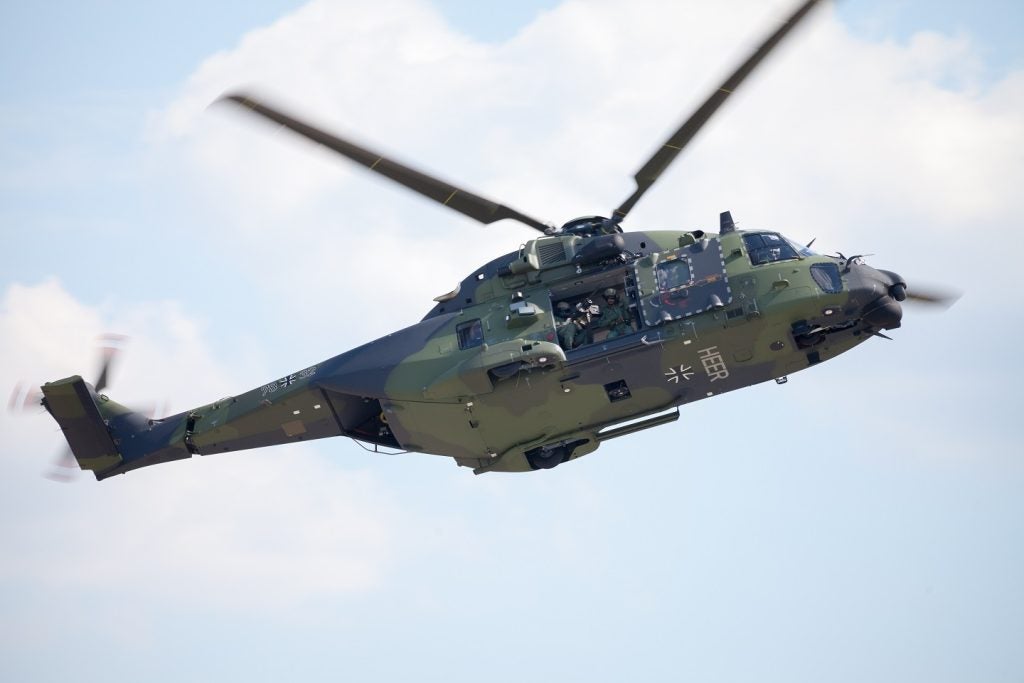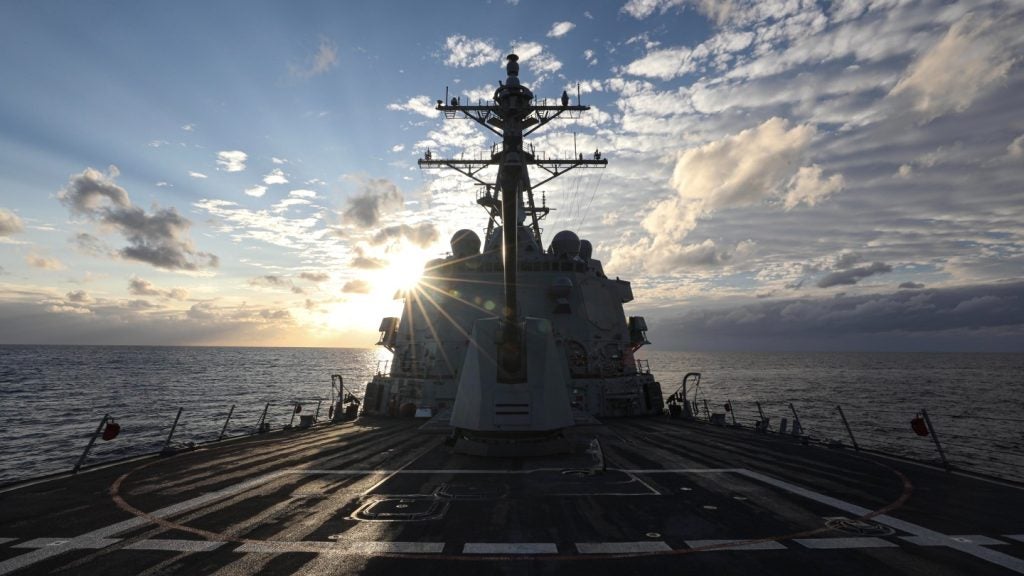In a move towards eco-conscious training, Reiser Simulation and Training (RST) has recently secured a contract with the NATO Helicopter Management Agency and the German Federal Armed Forces BAAINBw for its NH90 rear cabin trainer.
Beyond honing skills, this device emphasises sustainability, marking a leap in precision and commitment to eco-friendly practices.
The training rig, an evolution of RST's NH90 maintenance training rig, is tailored to meet the specific needs of airmobile forces, promising a training experience for NH90 users and crew members.
The NH90 Rear Cabin Trainer, designed to replicate the NH90 cabin, excluding the upper deck and rotor, offers a platform for training in air transport, medical evacuation, casualty evacuation, and various loading/unloading procedures across different configurations. Notably, the device incorporates a reduced tail boom, enhancing the realism of training scenarios.
The project extends beyond the development of the NH90 Rear Cabin Trainer; it includes the conversion of two existing original NH90 fuselages into the training environment. The training rig is set to become operational at the Air Manoeuvre Training and Exercise Centre (Ausbildungs- und Übungszentrum Luftbeweglichkeit) in Celle, Germany, with an anticipated readiness date in autumn 2024.
Speaking on the project, Johannes Hain, CEO at RST, emphasised the company's commitment to sustainability. "Sustainability is at the heart of our mission, and this project is a testament to our dedication to eco-conscious training," he said.
"Our NH90 replicas are a commitment to precision, delivering an experience that stays true to every detail. We are proud to provide an advanced training solution that enhances the skills and safety of airmobile forces while embracing sustainable practices."
Notable countries to have procured the helicopters include the Qatar Emiri Air Force and the Italian Navy, which recently concluded its NH90 helicopter deliveries, expanding its NH90 fleet to 56 helicopters.
Despite these achievements, the NH90 programme has faced challenges, as seen with Norway's cancellation in 2022 and reconsiderations by other nations such as Sweden, emphasising the programme's complexities and uncertainties.











